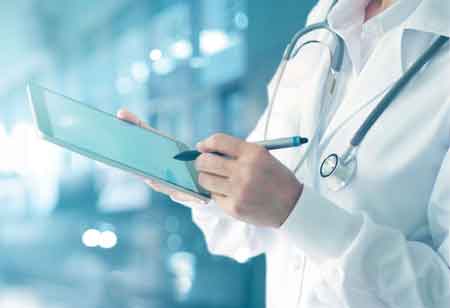Technology is pivotal in streamlining processes, enhancing accuracy, and improving patient outcomes.
Fremont, CA: The healthcare sector has undergone transformative advancements thanks to the most recent technologies that improve patient care and operational efficiency. Inventions like electronic health records (EHRs), telemedicine, wearable devices, and mobile health applications enable nurses to provide high-quality, patient-centered care. One of the most significant benefits of these nursing technologies is their influence on patient safety. Tools like barcoded medication administration (BCMA) and electronic health records (EHRs) significantly reduce the risk of human error, helping to prevent medication mistakes, incorrect dosages, and misinterpretation of patient data.
The records centralize data like lab results, medical histories, and treatment plans, which nurses can easily retrieve during care delivery. The access reduces the chances of miscommunication or missing critical patient information, enhancing care's overall safety and accuracy. EHRs allow nurses to access comprehensive and up-to-date patient information in real-time, enabling more informed decision-making. Nursing technology has significantly improved workflow efficiency in healthcare settings. Mobile health applications and handheld devices have further optimized nursing workflows by providing instant access to critical information at the bedside.
Nurses can quickly check medication schedules, patient vitals, and other essential data without leaving the patient's room, leading to more efficient care delivery. Nursing technology helps prevent nurse burnout, a common issue due to the profession's high demands. Automated systems reduce nurses' mental load, allowing them to manage their workloads more effectively and focus on complex tasks that require human intervention.

